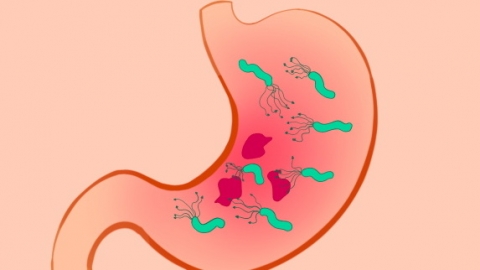Is Helicobacter pylori serious?
Generally, the severity of Helicobacter pylori infection needs to be determined based on the infection status. If the infection is asymptomatic or causes only mild symptoms, it is usually not serious. However, if left untreated for a prolonged period and leads to gastric diseases or even complications, the condition can be considered severe. Detailed analysis is as follows:

If there are no obvious discomforts after Helicobacter pylori infection, or only occasional mild bloating and belching occur without significant damage to the gastric mucosa, the condition can remain stable long-term for some individuals through timely dietary adjustments and improved hygiene habits. In such cases, the infection is generally not serious and only requires regular monitoring rather than immediate complex treatment.
When Helicobacter pylori infection remains uncontrolled for a long time, it may lead to chronic gastritis, peptic ulcer disease, and other conditions, causing persistent upper abdominal pain, acid reflux, nausea, and reduced appetite, which can affect normal eating and daily life. More seriously, long-term inflammatory stimulation may result in gastric mucosal atrophy, intestinal metaplasia, and even an increased risk of gastric cancer.
To reduce the risks associated with Helicobacter pylori infection, it is important to maintain good dietary hygiene, avoid sharing eating utensils, drinking untreated water, or consuming undercooked food, thus reducing the risk of cross-infection.








